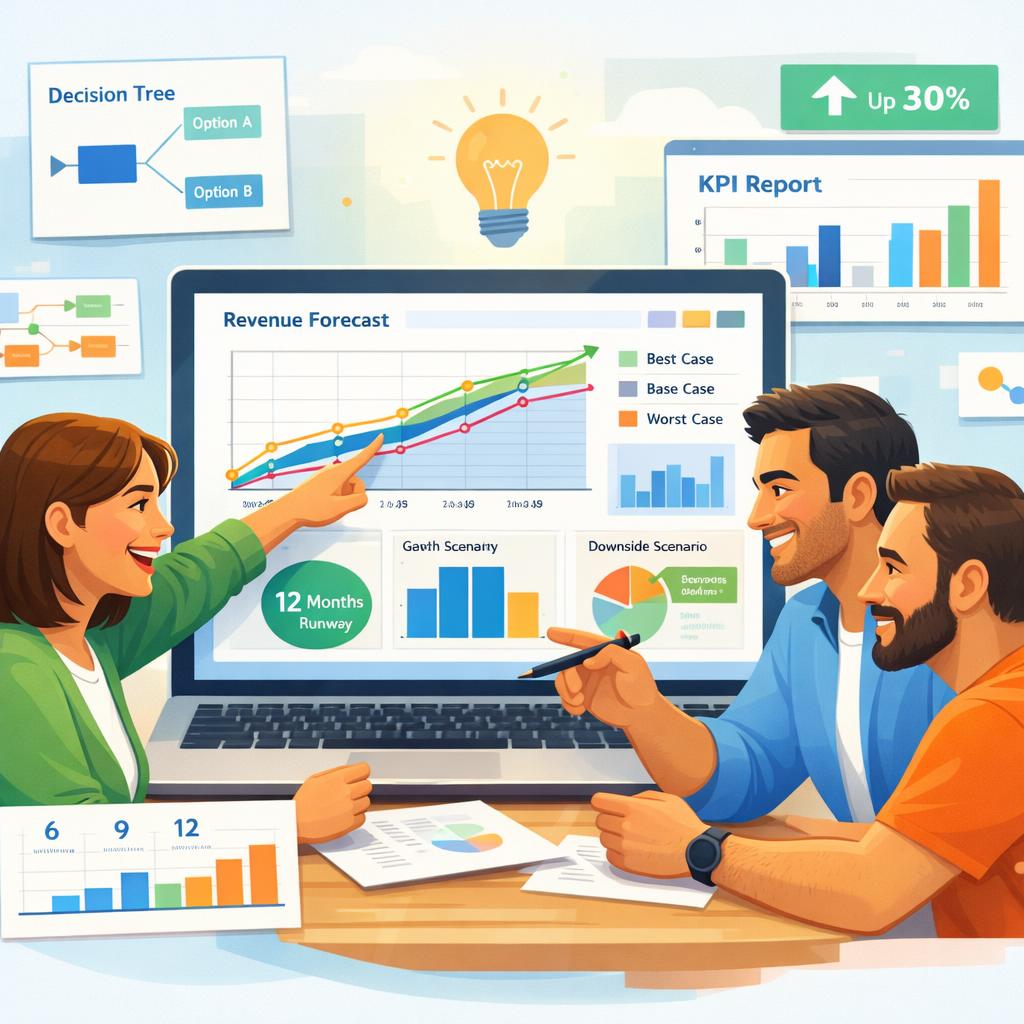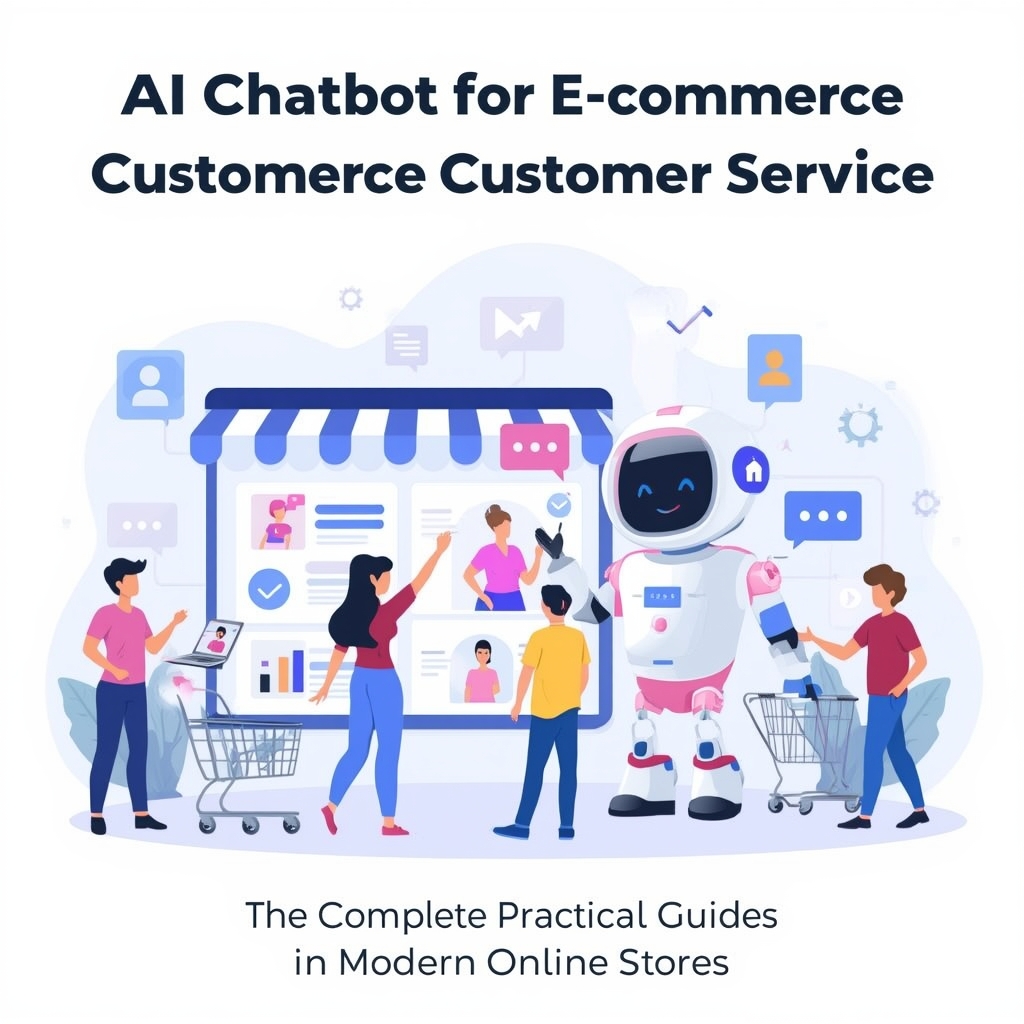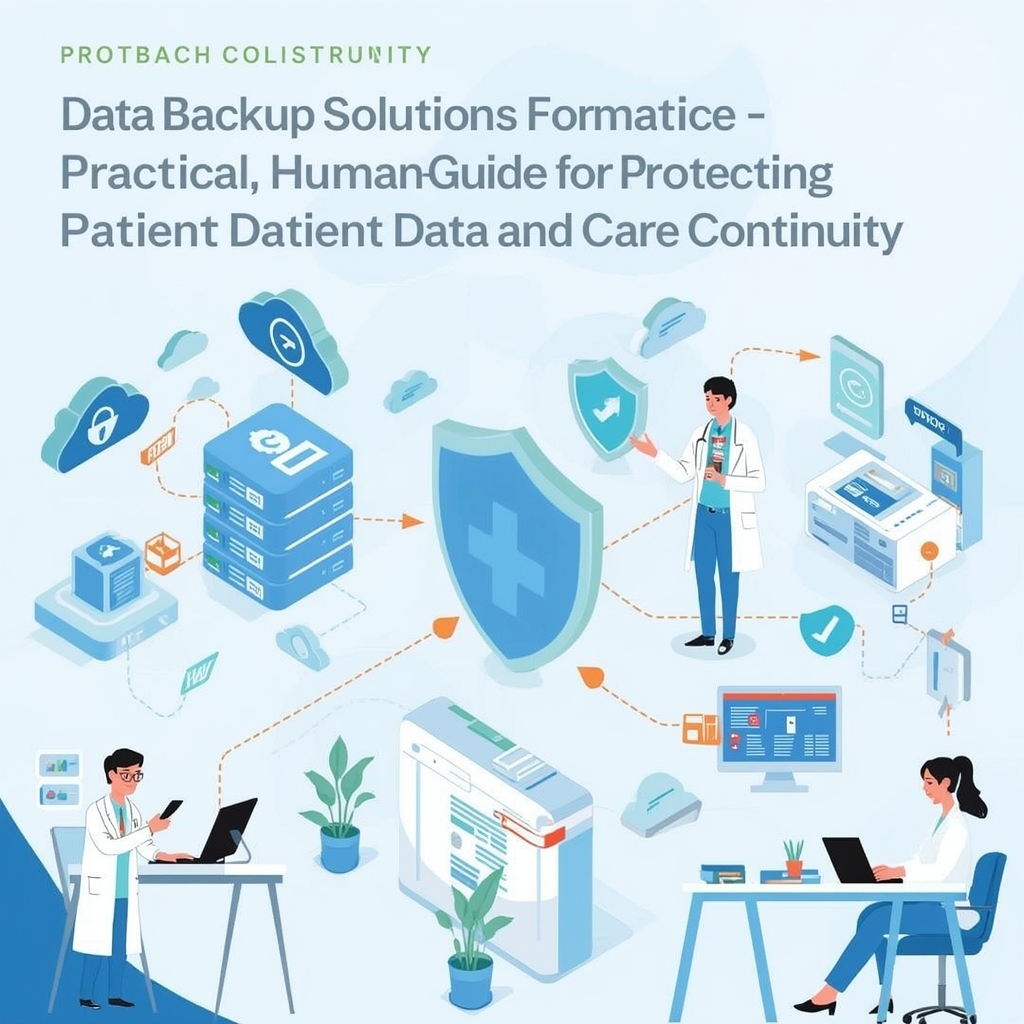How to Become a Software Developer in USA – Complete Career Guide
How to become a software developer in USA is a question many aspiring tech professionals are asking as demand for skilled developers continues to rise. With technology shaping nearly every industry, software development has become one of the most rewarding and high-growth career choices. Whether you’re starting fresh, switching careers, or enhancing your skills, the U.S. offers countless opportunities to thrive in this field. This guide walks you through the steps, skills, and strategies you’ll need to succeed, while keeping the process simple, practical, and achievable for anyone passionate about coding and technology.
Why Choose a Career in Software Development
Software developers are the backbone of innovation in the U.S. economy. From designing apps to building enterprise software and even shaping artificial intelligence, developers are in high demand across industries. This career not only offers high earning potential but also flexibility—many jobs allow remote work or hybrid schedules.
Choosing this path also means long-term stability. As businesses continue to rely on digital tools, the demand for software developers will only grow, making it a smart career move for those who enjoy problem-solving and creativity.
Educational Pathways for Aspiring Developers
You don’t necessarily need a traditional computer science degree to become a software developer in USA. While many developers choose four-year degrees, there are also alternative paths:
-
Coding Bootcamps: Intensive training programs that focus on practical skills.
-
Online Courses: Flexible platforms that allow you to learn at your own pace.
-
Self-Taught Route: Using tutorials, projects, and open-source contributions to build skills.
No matter the route, what matters most is demonstrating technical ability through a strong portfolio and real-world projects.
Essential Skills for Software Developers
To thrive as a developer, you need both technical and soft skills. Core technical skills include proficiency in programming languages such as Python, JavaScript, Java, and C#. Understanding databases, cloud platforms, and frameworks is also crucial.
Equally important are soft skills like problem-solving, communication, and teamwork. Employers in the U.S. value developers who can collaborate effectively and adapt quickly to new technologies. Balancing technical knowledge with interpersonal skills sets you apart in a competitive job market.
Building a Strong Portfolio
Employers often look at portfolios to evaluate real-world ability. Start by creating personal projects, contributing to open-source platforms like GitHub, or building websites and apps that demonstrate your coding skills.
A strong portfolio shows not only what you’ve learned but also how you apply it to solve problems. It’s often more powerful than a resume alone, especially when you’re just starting your career.
Internships and Entry-Level Experience
Getting hands-on experience is one of the fastest ways to enter the industry. Many U.S. companies offer internships, apprenticeships, or junior developer roles that provide valuable exposure. Even freelance work or part-time projects can give you a competitive edge.
Networking through tech events, online forums, and career fairs can also open doors to opportunities. Building professional connections often leads to recommendations, which can be just as important as technical skills.
Certifications and Continuous Learning
Technology evolves rapidly, and continuous learning is essential for success. Earning certifications from platforms like Microsoft, AWS, or Google Cloud can boost your credibility.
Equally important is staying updated with new programming languages, frameworks, and industry trends. Developers who invest in lifelong learning stay competitive and adaptable, ensuring long-term career growth.
Job Search Strategies in USA
Landing a job as a software developer in USA requires a strategic approach. Build a polished resume that highlights your technical skills, projects, and achievements. Use platforms like LinkedIn, Indeed, and Glassdoor to search for opportunities.
Tailor each application to the company and role. Showcase how your skills align with the job description and be prepared to demonstrate problem-solving abilities in technical interviews. Persistence, preparation, and networking are key to securing your first role.
Career Growth and Specializations
Once you become a software developer, you’ll find numerous paths for growth. You can specialize in web development, mobile apps, data science, artificial intelligence, or cybersecurity. Many developers move into leadership roles such as software architect, project manager, or CTO.
The U.S. tech industry is dynamic, meaning there’s always room to expand your career horizons. With dedication, you can shape a career that matches both your interests and ambitions.
Challenges and How to Overcome Them
Every career has challenges, and software development is no different. Common hurdles include keeping up with constant changes in technology, facing tough competition, and managing tight project deadlines.
To overcome these, build a routine of continuous learning, join supportive communities, and practice time management. Remember that persistence and resilience are often the keys to long-term success in this industry.
Final Thoughts
Understanding how to become a software developer in USA is about more than just learning code—it’s about building skills, gaining experience, and developing the right mindset for growth. From education to networking and portfolio building, every step you take brings you closer to your goal.
The demand for developers is only increasing, and the U.S. provides countless opportunities for those ready to step into the tech world. Whether you’re starting from scratch or shifting careers, this journey is one that can transform your future, offering both personal fulfillment and professional success.










